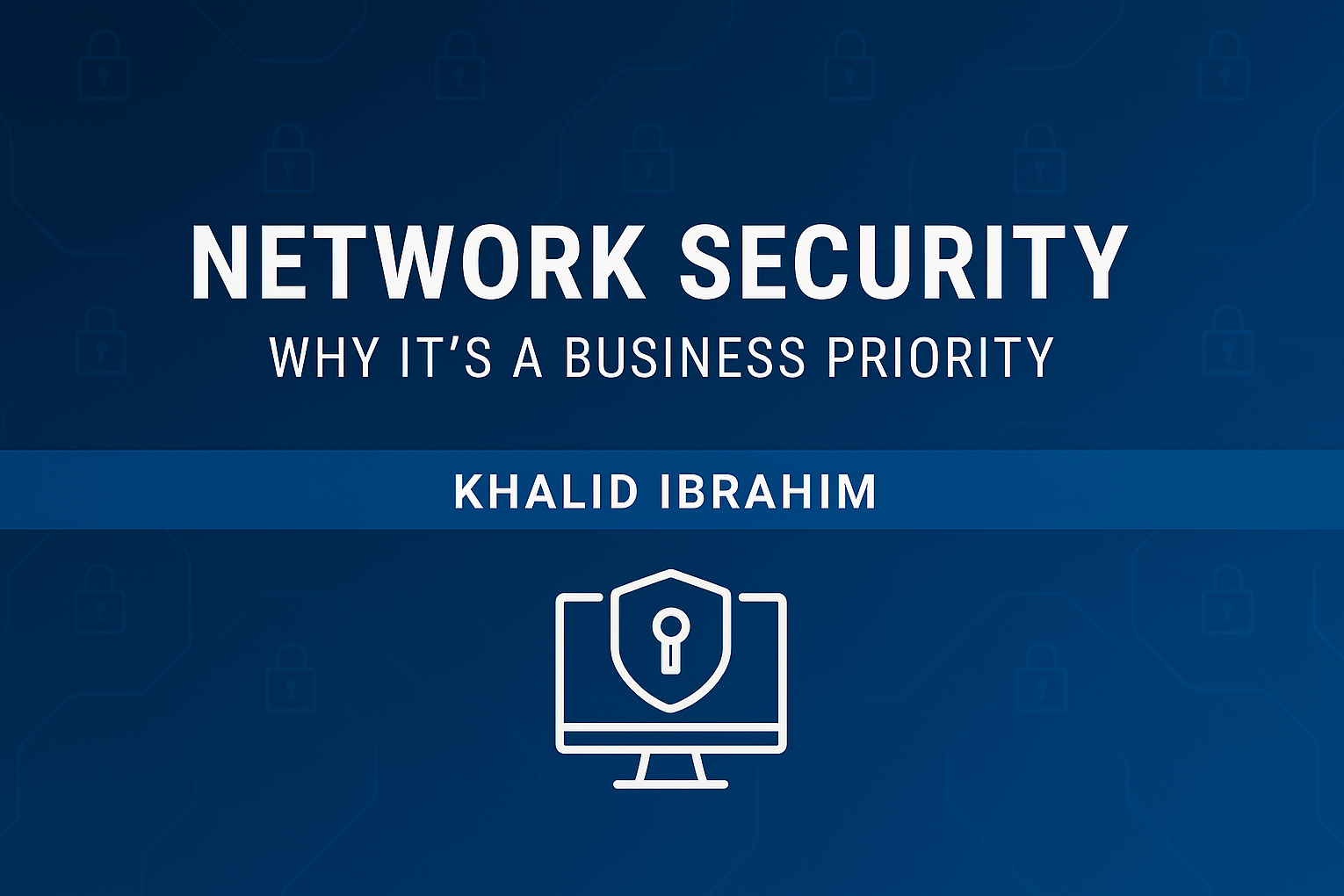Technology evolves at a rapid pace — and with it, so do the risks businesses face. Protecting systems and data isn’t just about reacting to threats anymore. It’s about proactively building defenses that keep your business running safely and smoothly, even as the threat landscape changes.
What Is Network Security Really About?
Network security goes far beyond just firewalls or antivirus software. It’s the combination of tools, practices, and policies designed to protect your business from cyberattacks, data loss, and downtime. Every connected device — whether it’s a laptop, server, printer, or even a smart thermostat — can be an entry point for attackers if it’s not properly secured.
Key Areas to Focus On
To stay protected, businesses need to focus on a few core areas that make up a strong network security strategy:
🔐 Firewalls and Access Controls
These are your first line of defense. Firewalls help block unauthorized traffic, while access controls ensure only approved users and devices can reach sensitive systems.
🔄 Updates and Patch Management
Outdated software is one of the easiest ways for attackers to get in. Keeping systems updated and applying patches regularly helps close those gaps before they’re exploited.
🔑 Strong Passwords and Multi-Factor Authentication
Simple passwords are no longer enough. Using strong, unique passwords and enabling multi-factor authentication (MFA) adds extra layers of protection to your systems and data.
📡 Real-Time Monitoring
Monitoring your network in real time helps detect unusual activity early. Catching issues quickly means you can respond before they turn into major problems.
🧠 Employee Awareness
Technology can only do so much. Employees need to be trained to spot phishing emails, avoid suspicious links, and follow safe internet practices. When your team knows what to look for, they become part of your security strategy.
Why It Matters
Network security doesn’t have to be complicated. By focusing on the fundamentals — controlling access, keeping systems updated, monitoring activity, and educating staff — businesses can significantly reduce their exposure to cyberattacks and data breaches.
At the end of the day, network security is about keeping your business running without interruption. It’s not just an IT responsibility — it’s a business priority. With the right practices in place, companies can stay ahead of evolving threats and focus on growth with confidence.


